A Lockdown Draw Off
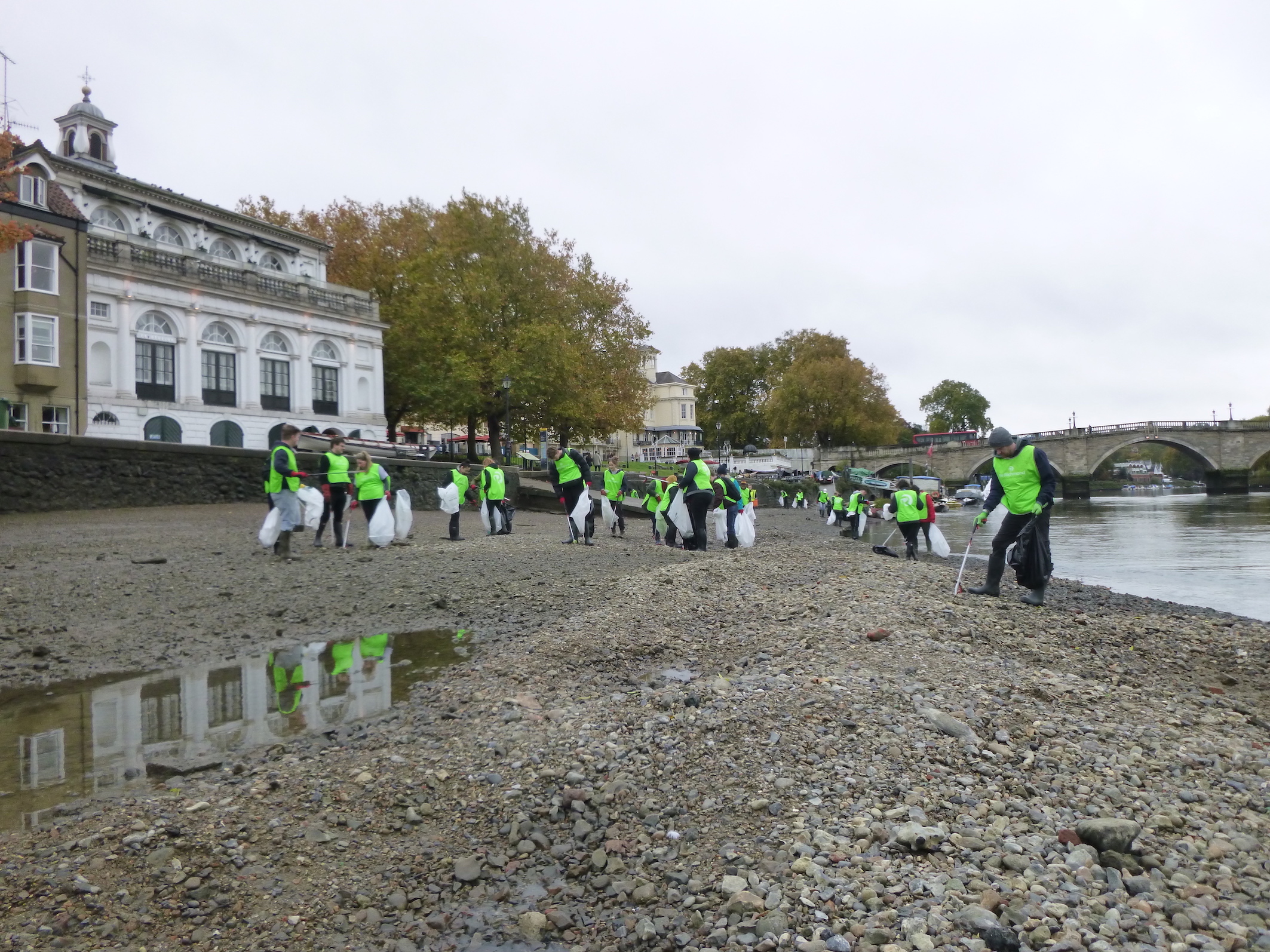
Every year, the Port of London Authority opens the weirs at Richmond, so that they can carry out essential maintenance work to the Grade II* Listed, late-Victorian Richmond Lock. You may have noticed that for the past couple of weeks, at low tide, the Thames returns to its natural levels, leaving large areas of the foreshore between Richmond and Teddington exposed. 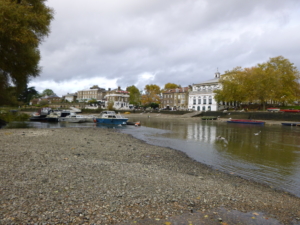
With the second Lockdown yet again changing the way we live and work; it will come of little surprise that, unfortunately, this year we are unable to run our annual foreshore clean up. Last year saw over 200 individuals remove more than 20 cubic meters of litter, including many plastic fragments, nylon rope and food wrappers.
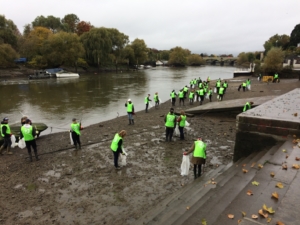
Instead, this year, we are encouraging you to go and explore the foreshore in your household groups. Why not take a walk on the foreshore and see a very familiar site from a new perspective? Just remember to wear your wellies!! The mud of the riverbed can be very deep in places so please do take care whilst you explore. Keep an eye out for some of the infaunal species on the riverbed. Can you spot any bivalves? Share with us what you find!
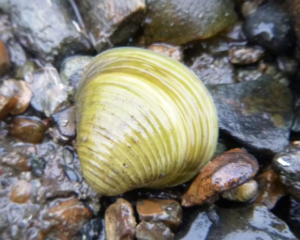
*Remember to always leave any living organism on the riverbed. Please also don’t remove shells as these are vital to the ecosystem.
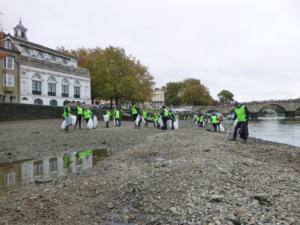
Or you could do your own tow path litter pick. Disappointingly, the pandemic has led to an increase in litter across all public spaces and water ways. With the increase in gathering in public spaces our litterbins have been left overflowing which has led to more of the litter finding its way to our waterways. The Royal parks saw an increase of a third in June, removing the equivalent of “74 elephants” of litter. And it was reported to take staff and volunteers the equivalent of 15 months to clear the litter on the grass.
We have also seen a change in the type of litter we are seeing, with a huge increase of PPE as litter in our park’s, streets and rivers, especially the presence of disposable masks. We also have unfortunately seen a step backward in terms of plastic use, with the increase in single use plastic bags and takeaway cups as a direct result of the pandemic, with some establishments waiving the 5p charge.
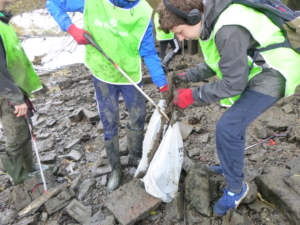
This obviously is of huge concern we are all now more aware of the damages this litter can cause to our nature and wildlife. Last year, Thames21 recorded that 78% of litter recorded in the Thames was single use plastic, with the 2020 figure expected to have increased. Also, in 2019, within 100m of the tidal Thames over 1000 wet wipes were found. These not only are directly impacting wildlife they are also changing the shape of the riverbed. It has been found in Barnes the riverbed has risen by nearly a meter in the last few years due to wet wipe build up.
So why not play your part in combating these devastating effects and be sure to continue to avoid single use plastics and stop the litter reaching our waterways by taking part in a short litter pick on your next walk.
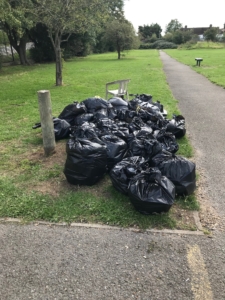
Don’t forget to share your stories of exploring and any litter you have removed with us @habsandheritage with the hashtag #HandHDrawOff to spread the news.
Safety disclaimer* – If you are venturing onto the foreshore this draw off period please be wary of the changing tides and areas of very deep mud. Please stay safe when doing litter picks by wearing gloves and using the appropriate equipment. Please do get in touch if you have any questions, we would be delighted to hear from you.